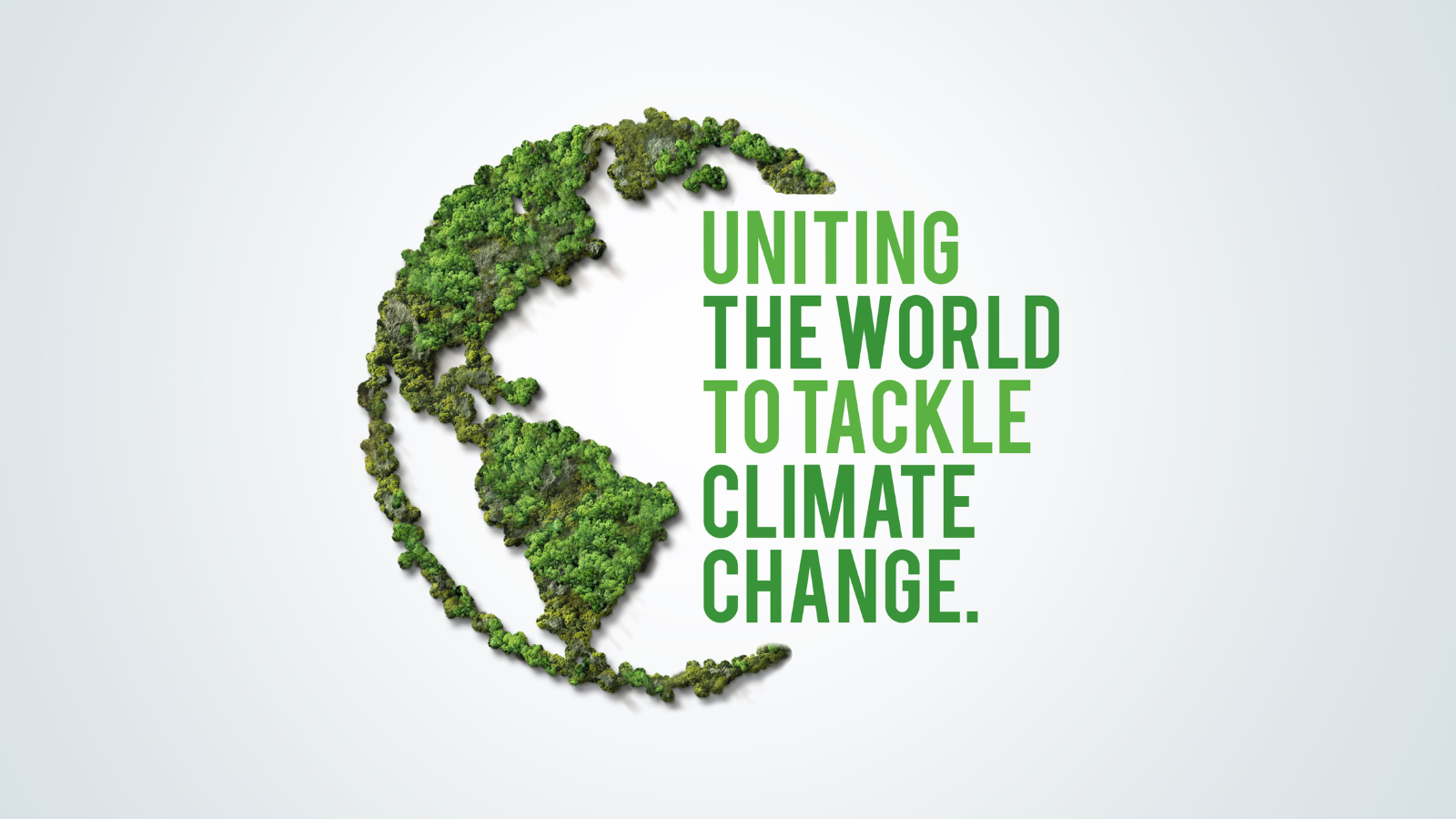Climate change: Are we close to collective action?
18 Nov 2023
Opinion: Isha Dayal and Sanjib Pohit.
Global action. A body, akin to WTO, which can enforce rules to govern multilateral action on climate change is the need of the hour.
Ahead of the first global stock take on climate action, due to take place at COP28 in Dubai, a new report released by the United Nations on November 14has reiterated the need for more action and delivery of stronger commitments by countries to avert the climate crisis.
The target set at COP21 in 2015under the Paris Agreement, of limiting temperature rise to 1.5degrees above the pre-industrial levels, is set to be breached in light of the insufficiency of the existing national climate action plans.
Climate change is a global problem and requires global solutions. The doomsday-like out comes depict a serious collective action problem. It is therefore important to reflect on the multilateral mechanism to combat climate change, as setup under the aegis of the United Nations Framework Convention on Climate Change (UNFCCC),such that despite there being a formal institutional arrangement, countries are failing to deliver collectively.
Firstly, decisions concerning climate action are currently left to individual nations. However, time and again, it is reported how emission reduction target shave fallen short of what is necessary to curtail global climate change, i.e. to cut emissions by 43 per cent by2030 (compared to 2019 levels)— implying that the national targets clearly do not suffice.
Moreover, government leaders pledge targets several years into the future, which holds little credibility for democratic economies. While 2030 is set as the year for meeting the GHG emission reduction targets, one can only be cautiously optimistic and not forget that the Kyoto Protocol (signed atCOP3 in 1997) was unsuccessful in stemming global emissions despite the binding commitments announced by industrialised countries during the period 2008-2012.
Uncertain targets
As regards carbon neutrality, the targets go even further ahead with India projecting net-zero emissions by 2070; China by2060; and the US and Europe by2050. That many net-zero targets are uncertain and postpone immediate climate action into the future is also duly noted in the latest UN report.
National strategies to counter climate change are necessary to account for contextual differences. Yet, to keep target son track, mandatory international review and progress reporting may be a better recourse for transparency in climate action, policy learning, and to tide the gap between ambitious implementation path and reality.
Secondly, multilateral negotiations on climate change are based on the principles of‘ equity’ and ‘common but differentiated responsibility and respective capability’.
Developed nations, which are historically high-GHG emitters, are therefore required to undertake binding commitments to reduce emissions and provide appropriate financing to the lesser developed countries for their transition towards low-carbon pathway. Developing countries’ approach to climate negotiations tend to be guided by these principles to secure national interests.
However, it can be questioned if such multilateral principles misalign incentives and dissect the sense of urgency from global climate action, especially if the lesser developed countries may seek leniency today and postpone appropriate climate mitigation measures because the developed nations freely polluted yesterday.
Such arguments cannot possibly bode well for an issue which has serious consequences for the entire planet, and more so for the lesser developed parts of the world.
Rather, this should be another learning from the failure of Kyoto Protocol, under which emission reduction commitments were required only of developed countries, even when developing countries such as China overtook the US in annual emissions in 2006.
Thirdly, UNFCCC has a facility to provide technical and financial assistance to the lesser developed countries which may find themselves vulnerable to climate change and less capable to introduce climate mitigation measures.
However, climate finance commitments as well as the actual needs of developing countries have remained unmet. Following up from COP27, there remains no clarity regarding the funding sources and the implementation of the ‘loss and damage fund’ which the developed nations agreed to establish to support the developing countries suffering from climate change impacts.
Arranging climate finance and supporting developing nations in their path towards adaptation and mitigation is a cost to the developed countries, and more so to their multinational companies which seek to lower production costs in their global supply chains by manufacturing in lesser developed parts of the world.
Unilateral measures
It remains to be seen what incentives unilateral measures such as the Carbon Border Adjustment Mechanism(CBAM) — as that introduced by the European Union, proposed in the US, and its prospective expansion to cover more sectors and products — are likely to have in pushing western multinationals towards reducing carbon footprint at their global factories and thus, in turn, aiding the mitigation agenda of the developing countries.
In conclusion, while efforts by countries and multilateral institutions to address climate concerns must be lauded; setbacks and failure of collective action should provide the international community with serious lessons, and pave the way for: (i) more stringent monitoring and accountability of GHG mitigation measures, (ii)transparency in reporting, and(iii) adequate and pertinent financing mechanisms that keep divergent interests in check.
Just as a rule-based system, through GATT and later WTO, brought discipline and fairness in multilateral trade, a similar legal body governing multilateral action on climate change can possibly help deliver the power of collective action.
Else, the world will witness more unilateral measures, such as the CBAM, which may potentially cause more harm to the lesser developed parts of the world without adequate low-carbon transition support from the developed nations which are implementing such measures.
Dayal is Associate Fellow and Pohit is Professor at National Council of Applied Economic Research (NCAER). Views expressed are personal.
Published in: The Hindu Business Line, 18 Nov 2023






